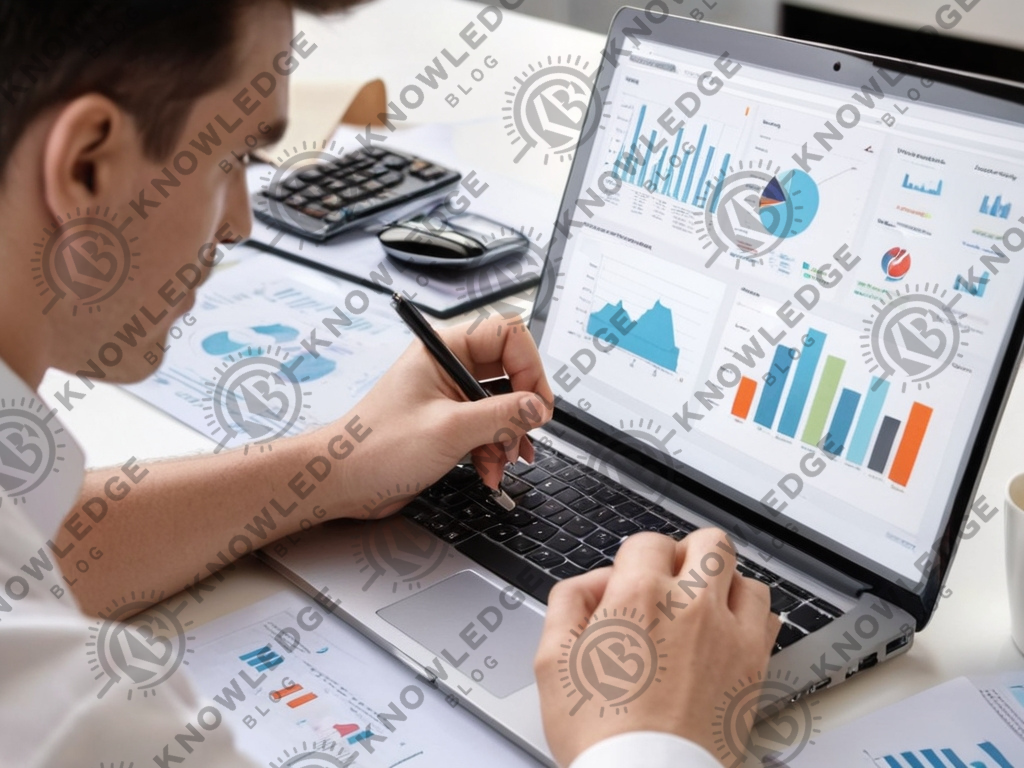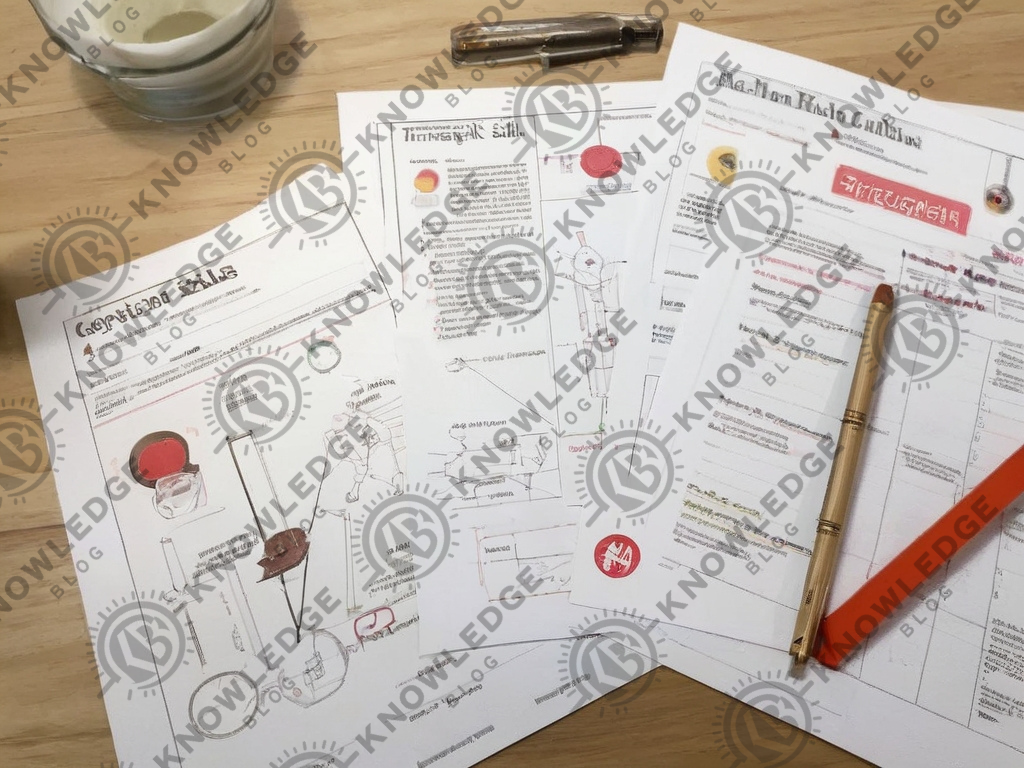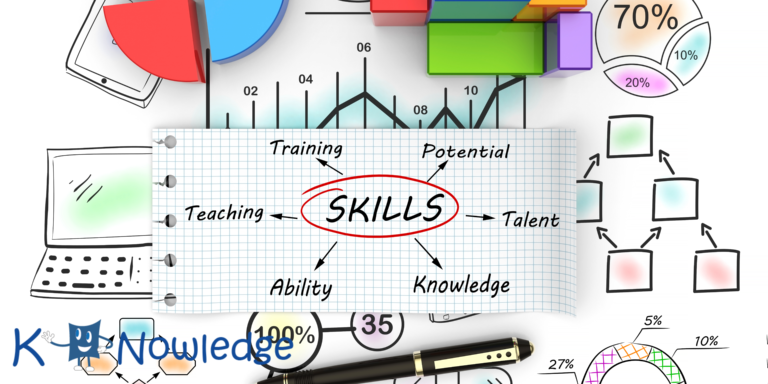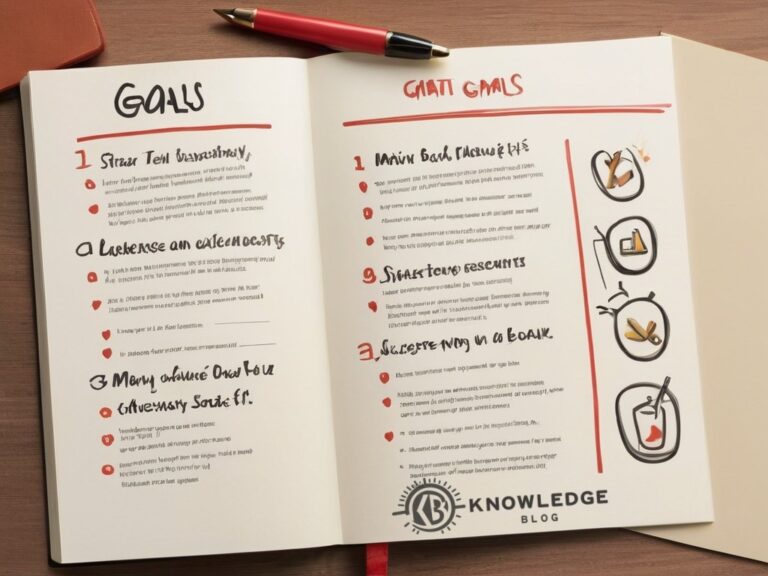Discover Analysis Skills Meaning

In today’s fast-paced and information-rich world, the ability to dissect, understand, and derive meaningful insights from data and situations has never been more crucial.
Analysis skills, which encompass a broad spectrum of cognitive abilities and methodologies, stand at the heart of this capability.
In this article we are going to discover analysis skills meaning.
Table of Contents
ToggleAnalysis Skills Meaning
Analysis skills refer to the ability to systematically examine information, situations, or stat ments to understand their components, relationships, and underlying principles.
These skills involve breaking down complex information into smaller, more manageable parts, identifying patterns, and making connections between seemingly unrelated pieces of information.
People with strong analysis skills can discern underlying structures, extract meaningful insights, and make informed decisions based on their examinations.
These skills are crucial across various domains, including problem-solving, research, critical thinking, and decision-making processes. They enable individuals to assess situations accurately, predict outcomes, and devise effective strategies or solutions.
What Are the Analysis Skills
Analysis skills encompass a wide range of cognitive abilities and techniques that allow individuals to evaluate information critically, solve problems, and make decisions.
Here are some key analysis skills:
- Critical Thinking
- Data Analysis
- Research Skills
- Problem-Solving
- Logical Reasoning
- Attention to Detail
- Quantitative Analysis
- Qualitative Analysis
- Effective Communication Skills
- Decision Making
- Conceptual Thinking
- Pattern Recognition
- Strategic Planning
Enhancing these skills can significantly improve one’s ability to navigate complex information and scenarios in both personal and professional contexts.
Related Article: Analytical Abilities Definition
Why You Need to Know Analysis Skills Meaning
Understanding The Analytical Abilities Definition is important for several reasons:
- Enhanced Problem-Solving Abilities: Knowing how to analyze information effectively leads to better problem-solving skills.
- Improved Decision-Making: Analysis skills enable you to evaluate options more thoroughly, predict outcomes more accurately, and make decisions that are more likely to lead to successful outcomes.
- Critical Thinking Development: Grasping the essence of analysis skills is a stepping stone to developing critical thinking abilities.
- Career Advancement: Many professions highly value analysis skills. Understanding what these skills entail can help you develop them further, making you more competitive in the job market and potentially opening doors to advancement opportunities.
- Effective Communication: Analysis skills include the ability to synthesize complex information and present it in an understandable form.
- Navigating the Information Age: In today’s world, we’re bombarded with vast amounts of information.
- Learning and Personal Development: Understanding and applying analysis skills can enrich personal learning experiences.
- Innovation and Creativity: Analytical thinking often involves breaking down existing structures and concepts and recombining them in new ways.
- Adaptability: In a rapidly changing world, the ability to analyze new situations, understand their implications, and adapt strategies accordingly is invaluable.
In essence, knowing about and developing analysis skills is crucial for thriving in various aspects of life, from making everyday decisions to navigating complex professional challenges.

Best Resources to learn analysis skills
Learning and enhancing analysis skills is a journey that can significantly impact various aspects of your life. Fortunately, there are numerous resources available to help you develop these skills, ranging from online courses and books to podcasts and tools.
Here’s a curated list of some of the best resources across these categories:
Online Courses
- Coursera: Offers a variety of courses on critical thinking, data analysis, and logical reasoning from universities and colleges around the world.
- edX: Provides access to courses designed by experts from universities like MIT and Harvard.
- LinkedIn Learning: Features courses focused on business analytics, data literacy, and critical thinking, such as “Learning Data Analytics”.
Books
- “Thinking, Fast and Slow” by Daniel Kahneman
- “Freakonomics: A Rogue Economist Explores the Hidden Side of Everything” by Steven D. Levitt and Stephen J. Dubner
- “How to Lie with Statistics” by Darrell Huff
Tools and Platforms
- Khan Academy: Offers practice exercises and instructional videos on a wide range of subjects, including logic, critical thinking, and data analysis.
- Tableau Public: For those interested in data visualization and analysis, Tableau Public provides a free platform to explore and share data visualizations online.
- Microsoft Excel or Google Sheets: Mastering these tools can be incredibly beneficial for anyone looking to improve their skills.
Forums and Communities
- Stack Exchange: Sites like Stack Overflow for programming or Cross Validated for statistics and data analysis are excellent resources for asking questions and learning from experts.
- Reddit: Subreddits like r/dataisbeautiful, r/statistics, or r/DecisionMaking offer insights and discussions that can enhance your analytical thinking.
Each of these resources can offer unique insights and skills, but the best approach is often a combination of several.
How to improve your analysis skills
Improving your analysis skills is a valuable endeavor that can enhance your problem-solving capabilities, decision-making process, and overall effectiveness in various aspects of life.
Here are some strategies to help you develop and refine your analysis skills:
- Practice Critical Thinking: Challenge yourself to question assumptions, evaluate arguments critically, and consider alternative perspectives.
- Engage in Active Learning: Seek out new knowledge and experiences. Try to learn something new every day, whether it’s related to your field of work or an entirely new subject.
- Solve Problems Regularly: Look for opportunities to solve problems, both in your personal and professional life.
- Play Brain-Training Games: Engage in puzzles, strategy games, and brain teasers. These can help sharpen your logical thinking and pattern recognition skills, which are important components of analysis.
- Read Widely and Critically: Reading not only expands your knowledge but also exposes you to different ways of thinking and presenting arguments.
- Write Analytically: Writing forces you to organize your thoughts and articulate them clearly.
- Learn Data Analysis Techniques: In our data-driven world, being able to interpret and analyze data is increasingly important.
- Seek Feedback: Discuss your analyses with others, especially those who might have a different perspective.
- Reflect on Your Decision-Making Process: After making decisions, take time to reflect on the process you went through.
- Stay Curious and Open-Minded: Cultivate a mindset that is open to new information, experiences, and viewpoints.
- Educate Yourself on Logical Fallacies: Understanding common logical fallacies can help you avoid them in your own reasoning and identify them in others’.
By incorporating these strategies into your daily routine, you can systematically enhance your analysis skills, leading to better problem solving, decision-making, and a deeper understanding of the world around you.
Related Article: Good Books for Self-Growth: A Comprehensive Guide
Conclusion
Analysis skills encompass a broad set of cognitive abilities and techniques focused on dissecting information, situations, or statements to understand their components, connections, and underlying principles.
Improving analysis skills involves engaging in practices that challenge the mind, expand knowledge and perspectives, and foster a habit of questioning and critical evaluation. This includes activities like critical reading, problem solving and decision making, active learning, and seeking feedback.
In conclusion, analysis skills are not just valuable; they are essential in a world that demands agility, critical thinking, and the ability to make sense of vast amounts of information. Whether for personal development, academic achievement, or career progression, honing these skills can lead to more effective, informed, and meaningful engagements with the world around us.






